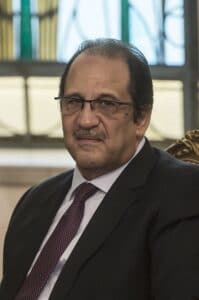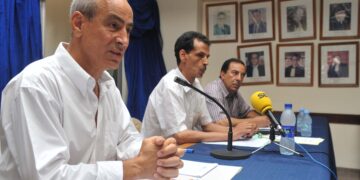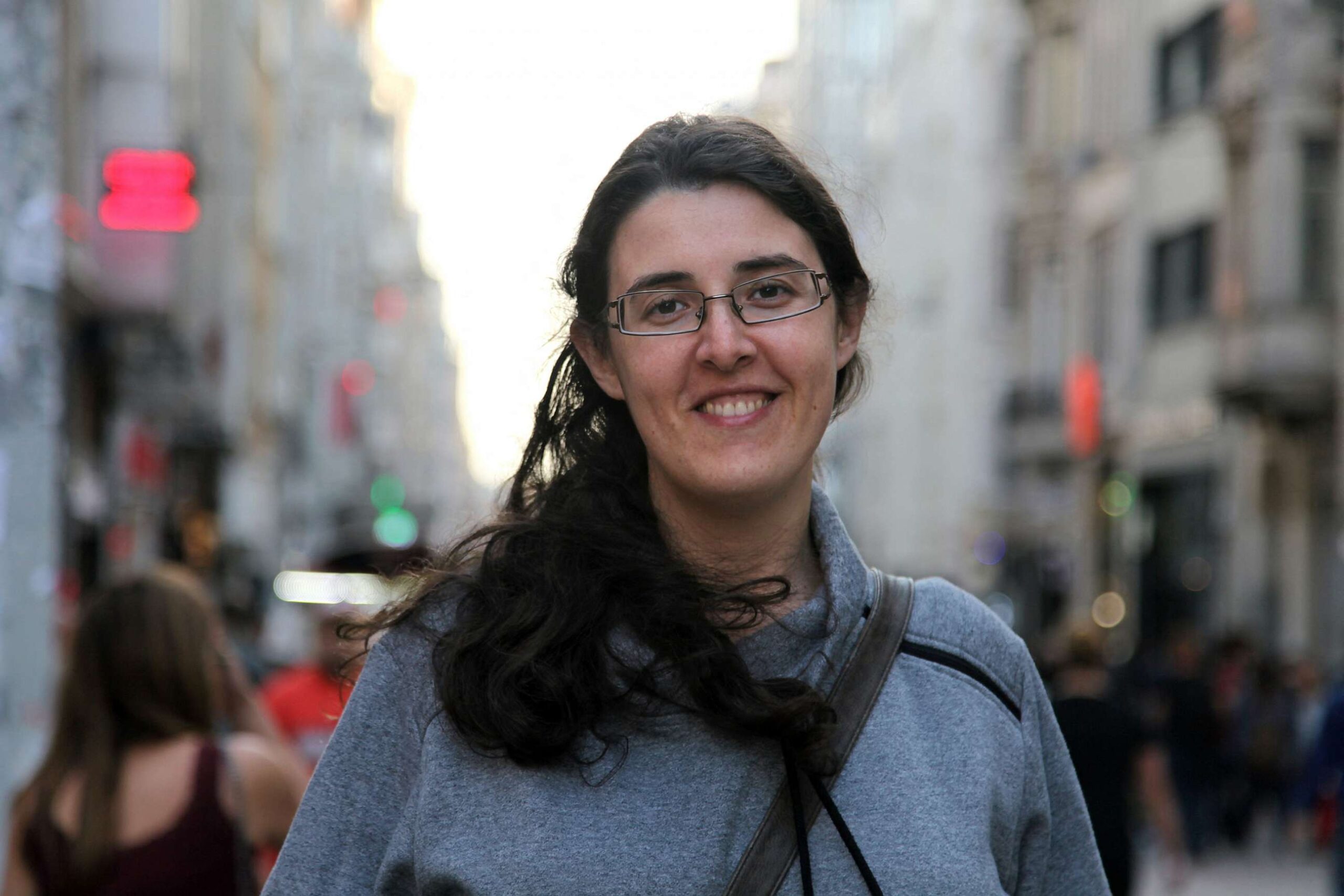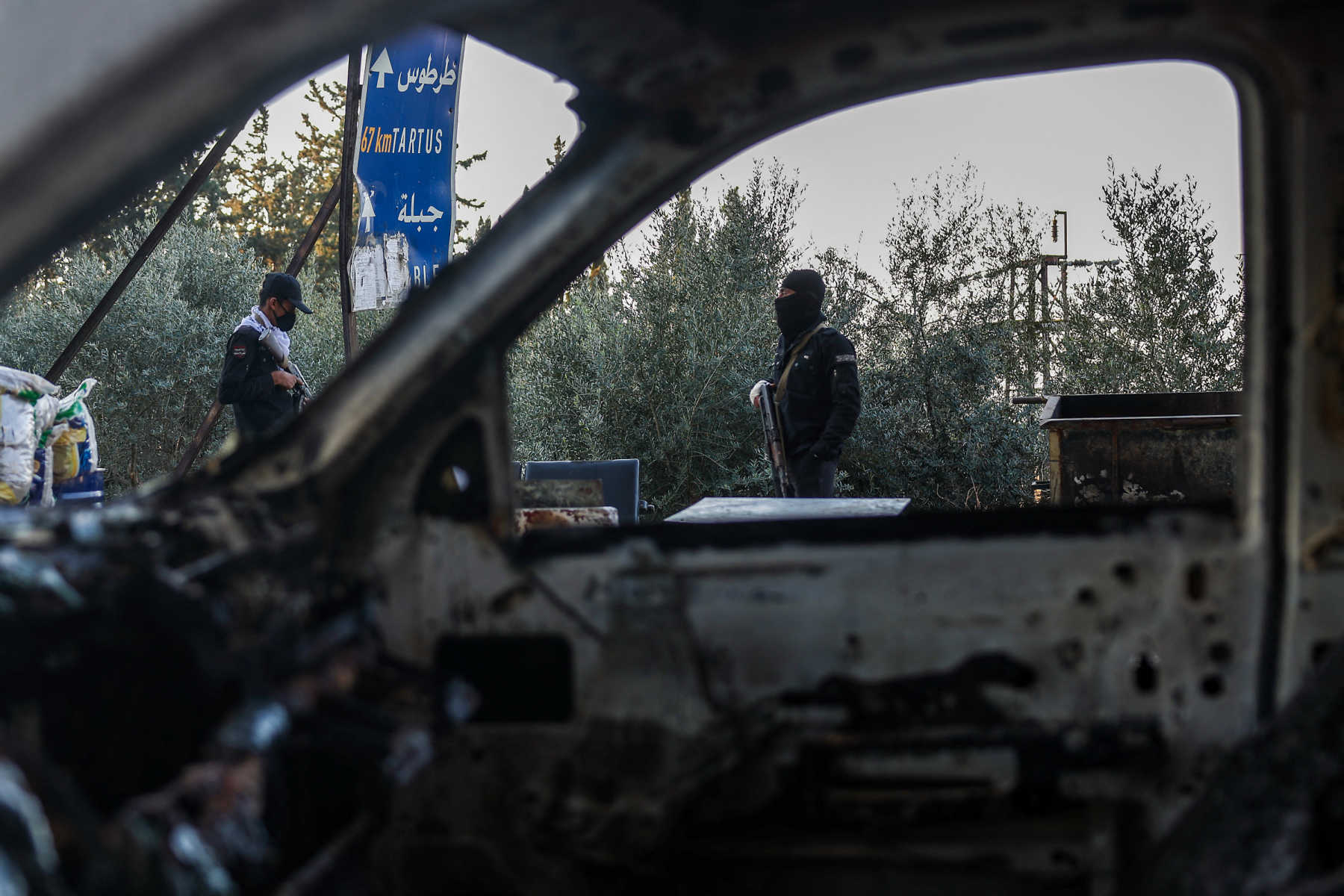Gross Human Rights Abuses by Egyptian Security and Intelligence Forces Systematic and Widespread
عربی
(Washington D.C., June 21, 2021)— U.S. Senators and members of Congress scheduled to meet with a delegation from the Egyptian government should question the group, including Head of General Intelligence Service (GIS) Abbas Kamel, about Egypt's deplorable rights record, including human rights abuses by the GIS under Kamel's authority, growing control over the country's media, and their reported role in the murder of Jamal Khashoggi.

The delegation is reportedly visiting Congress to update U.S. legislators on the May 20 ceasefire agreement between Hamas and Israel, which Egypt claims to have mediated, in an ongoing effort to rehabilitate Egypt's relationship with the Biden Administration and justify continued military support for its government.
"Members of Congress should not go along with Egypt's PR company-fueled stunt to 'Gaza-wash' its deplorable treatment of its own citizens," said Sarah Leah Whitson, Executive Director of DAWN. "The very least Congress members should do, given America's military support of the Egyptian government, is grill Kamel and his delegation on their direct role in some of the most violent and horrific abuses in the Middle East."
As one of the most trusted advisers to Egypt's President al-Sisi, Kamel served as Chief of Staff to President Sisi from 2014 to June, 2018, when Sisi appointed him to head GIS. The two also worked closely together when Sisi was head of military intelligence. The GIS hired American lobbying firm, Brownstein Hyatt Farber Schreck, following Joe Biden's election, after previously having hired two lobbying companies in 2017 to boost Egypt's image in Washington.
According to Egypt's Intelligence Law 100/1971, the GIS is tasked with protecting national security and designing the country's security policy.
Since the 2011 revolution, the GIS's role as a political body has increased and it has directly intervened in domestic political affairs. For example, the GIS played a significant role in engineering the country's 2015 parliamentary elections by forming a pro-Sisi electoral list, Fi Hob Misr ("For the Love of Egypt"), from which it selected its candidates. The list won the majority of the seats in parliament, enabling al-Sisi to pass a host of oppressive laws, including restrictions on protest, NGOs, and association.
Congress members meeting with Kamel should ask Kamel and his delegation:
1- When will the Sisi government end its massive abuses of the human rights of Egyptians? Will the government pardon those unjustly sentenced to death last week?
In its 2021 report on Egypt, the State Department highlighted major human rights violations, including unlawful or arbitrary killings, forced disappearances, torture, arbitrary detention, and restrictions on free expression.
DAWN has highlighted Egypt's egregious record, including the massacre of over 1,100 protesters by Egyptian security forces in August, 2013, and the resumption of military trials against civilians. Last week, Egypt's highest court handed down a verdict of 12 death penalty sentences and 31 life imprisonments against Egyptians associated with the Muslim Brotherhood on baseless allegations of violence at the Rabaa sit-in. Yesterday, an Egyptian court sentenced a TikTok influencer and her four associates to ten and six years in prison, respectively, for TikTok videos deemed offensive to the country's religious and family values.
2- Why does the GIS own media companies?
The media landscape in Egypt has witnessed dramatic structural changes over the past few years, including the suspension or closure of nearly every independent newspaper in the country, jailing of journalists deemed critical of the government, and expanded government ownership of media companies. The GIS has been an integral part of these changes by taking control over a vast media network and effectively becoming a gatekeeper by controlling the flow of information in Egypt.
On January 20, 2019, Egyptian Media Group, owned by Eagle Capital, an investment firm owned by the GIS, signed several agreements with the Supreme Council for Media Regulation, a governmental entity appointed by the president to oversee media outlets, to launch a new satellite TV channel for the Arab region.
Eagle Capital owns or has significant shares in Egypt's major private TV networks, including CBC network and OnTv, newspapers, like al Masry al Youm, and media production companies, including United Media Services. The control of various media institutions and outlets by the government's national security apparatus, the GIS, is a threat to freedom of expression and information.
3- Did Kamel and Egyptian intelligence officials contribute to the murder of Jamal Khashoggi?
On October 2, 2018, Saudi Crown Prince Mohamed bin Salman's "Tiger Squad" assassins reportedly stopped in Cairo en route to Istanbul to "pick up a lethal dose of illegal narcotics that was injected a few hours later into the left arm of Jamal Khashoggi."
Sources also state that Egyptian intelligence officials assisted the Tiger Squad as they tracked down other Saudi dissidents. Kamel is believed to have served as chief liaison to the Saudis, communicating directly on intelligence matters with Saud al-Qahtani, Crown Prince Mohamed bin Salman's chief adviser, whom the U.S. Treasury Department sanctioned due to his role in the Khashoggi murder.
Photo Credits: Photo by Aurora Samperio/NurPhoto via Getty Images
















![Security forces loyal to the interim Syrian government stand guard at a checkpoint previously held by supporters of deposed president Bashar al-Assad, in the town of Hmeimim, in the coastal province of Latakia, on March 11, 2025. Syria's new authorities announced on March 10, the end of an operation against loyalists of deposed president Bashar al-Assad, after a war monitor reported more than 1,000 civilians killed in the worst violence since his overthrow. The Syrian Observatory for Human Rights said the overwhelming majority of the 1,068 civilians killed since March 6, were members of the Alawite minority who were executed by the security forces or allied groups. (Photo by OMAR HAJ KADOUR / AFP) / “The erroneous mention[s] appearing in the metadata of this photo by OMAR HAJ KADOUR has been modified in AFP systems in the following manner: [Hmeimim] instead of [Ayn Shiqaq]. Please immediately remove the erroneous mention[s] from all your online services and delete it (them) from your servers. If you have been authorized by AFP to distribute it (them) to third parties, please ensure that the same actions are carried out by them. Failure to promptly comply with these instructions will entail liability on your part for any continued or post notification usage. Therefore we thank you very much for all your attention and prompt action. We are sorry for the inconvenience this notification may cause and remain at your disposal for any further information you may require.”](https://dawnmena.org/wp-content/uploads/2025/04/syria-22039885951-350x250.jpg)




















